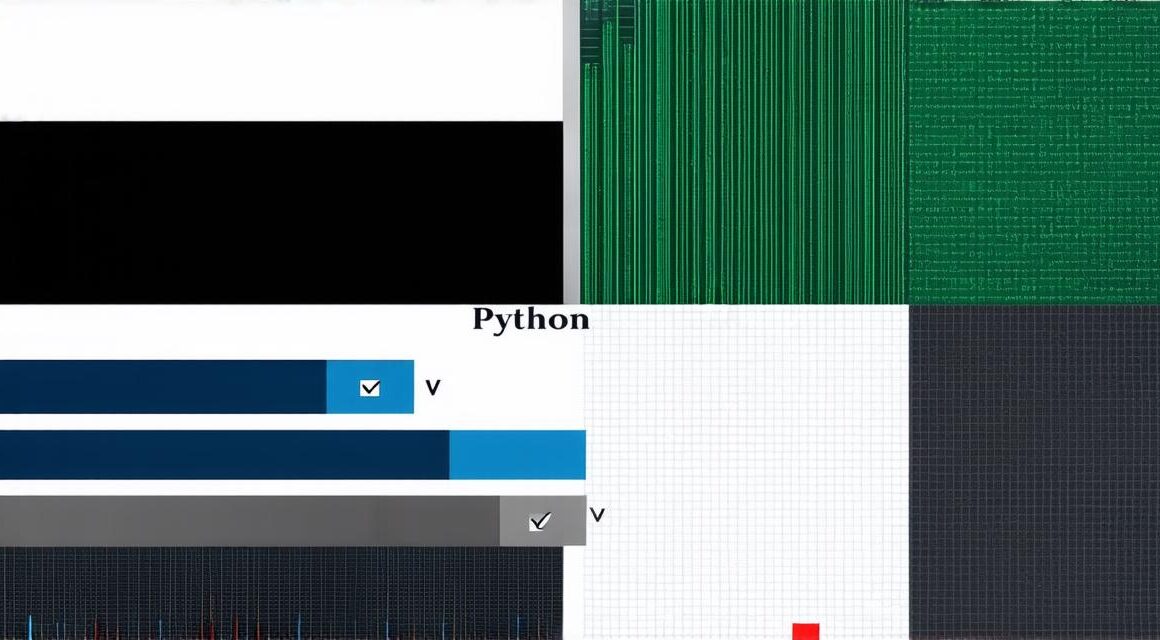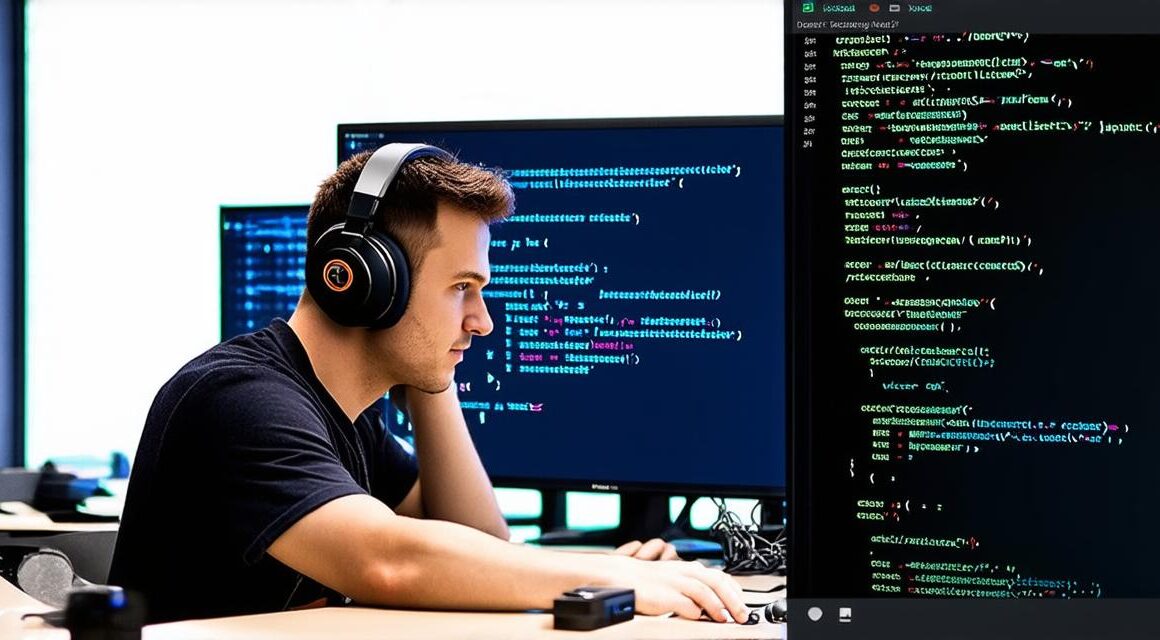Factors Affecting Learning Progress
Learning a new programming language or software can be challenging, especially when you are trying to master something as complex and powerful as Unity. However, with the right mindset and approach, it is possible to learn Unity within a reasonable timeframe. In this article, we will explore the different factors that affect your learning progress, as well as provide some tips and tricks to help you get started on your journey towards mastering Unity.
Factors Affecting Learning Progress
-
Time Commitment: The amount of time you dedicate to learning Unity will directly impact your progress. If you have a full-time job or other commitments, it may be challenging to find the time to learn Unity consistently. However, even just a few hours per week can make significant progress over time.
-
Learning Style: Everyone has their own unique learning style, whether they prefer visual, auditory, or kinesthetic approaches. Understanding your preferred learning style will help you tailor your study plan to better suit your needs.
-
Experience with Programming: Prior experience with programming languages such as C or JavaScript can significantly accelerate your learning progress in Unity. Familiarity with these languages will allow you to quickly grasp the syntax and concepts used in Unity development.
-
Available Resources: The abundance of resources available online, including tutorials, videos, forums, and documentation, can greatly impact your learning progress. Utilizing these resources effectively can help you learn at a faster pace.
-
Project Complexity: The complexity of the projects you undertake will also affect your learning progress. Starting with simple projects and gradually increasing their complexity can help you build a solid foundation in Unity development.

Tips for Learning Unity
-
Start with the Basics: Begin by mastering the basics of Unity, including the interface, creating objects, scripting, and basic game development concepts. This will provide a strong foundation upon which to build more advanced skills.
-
Practice, Practice, Practice: As with any skill, practice is key to mastery. Take on small projects and gradually increase their complexity as you become more comfortable with Unity development.
-
Collaborate with Others: Join online forums or communities focused on Unity development. Collaborating with others can provide valuable insights and perspectives, as well as opportunities to learn from experienced developers.
-
Leverage Available Resources: Utilize the numerous resources available online to supplement your learning experience. These resources include tutorials, videos, documentation, and forums.
-
Be Patient and Persistent: Learning Unity takes time and effort. Be patient with yourself and don’t get discouraged by setbacks. With persistence and dedication, you can master Unity development.
Conclusion
Learning Unity within a reasonable timeframe is achievable with the right mindset and approach. By understanding the factors that affect your learning progress and implementing the tips and tricks provided in this article, you can set yourself on a path towards mastering this powerful software. Remember to start with the basics, practice regularly, collaborate with others, leverage available resources, and be patient and persistent in your efforts. With these strategies in place, you will be well on your way to becoming a proficient Unity developer.



